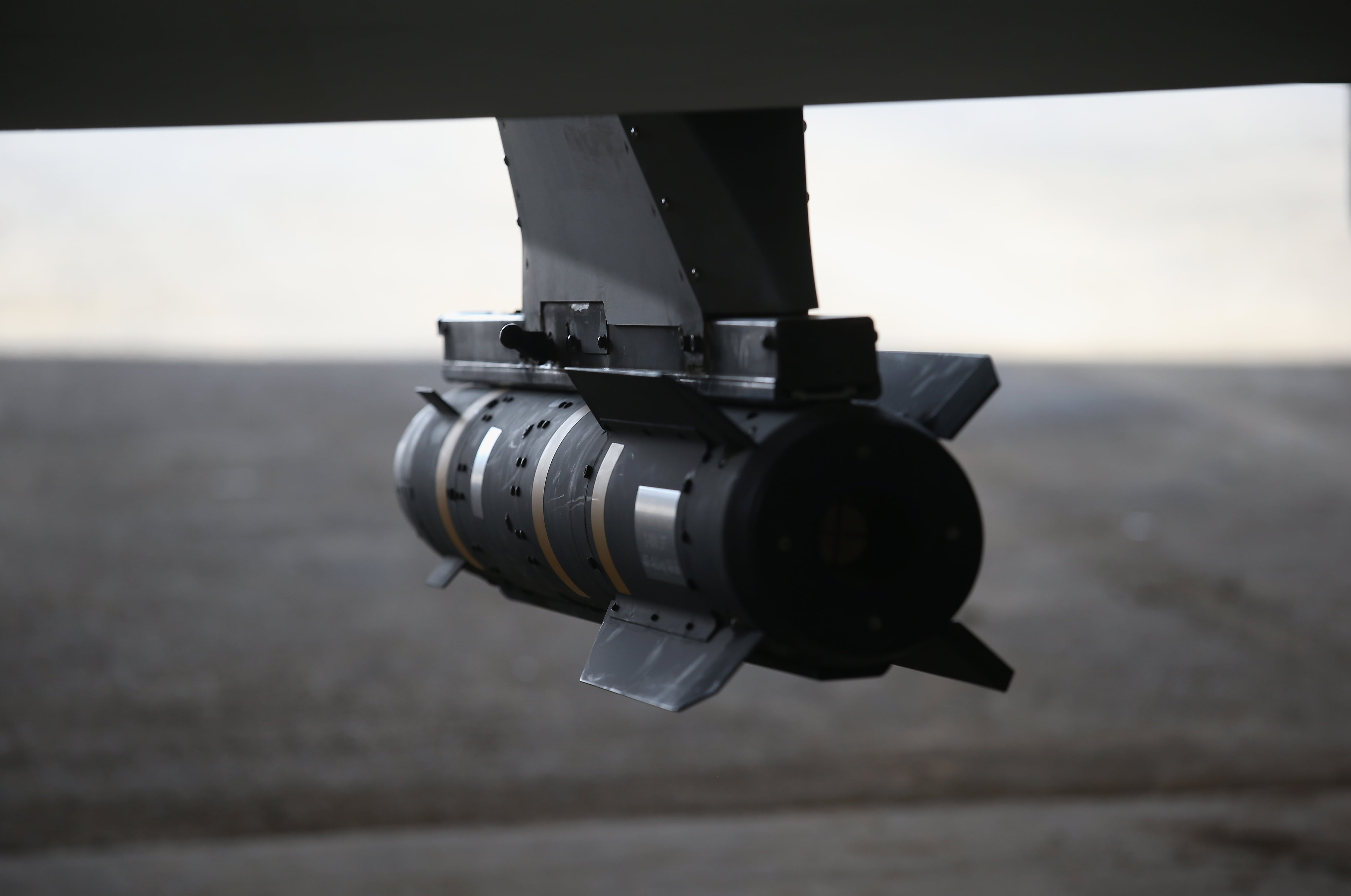The U.S. lost two drones over Syria Tuesday after a midair collision, a defense official tells Military Times.
Images of burning aircraft crashing to the ground were posted on Twitter Tuesday. There was speculation that the aircraft were MQ-9 Reapers — a remotely piloted aircraft used predominately as an armed hunter-killer drone, but also capable of surveillance and intelligence collection — and were shot down.
However, the defense official could not confirm the type of drone involved.
Reports indicate there was a collision, the defense official said, but whether they were shot at afterwards — and whether that caused the crash — is unclear.
A shootdown of a Reaper is not without precedent.
Houthi rebels in Yemen shot down a Reaper in June of 2019, according to a CENTCOM statement at the time.
CENTCOM said the MQ-9 Reaper was shot down by Houthi rebels with a SA-6 surface-to-air missile that was enabled with Iranian assistance, according that release.
The slow-moving aircraft, with a cruising speed of 230 miles per hour, according to the Air Force, costs about $64 million for a unit of four aircraft plus sensors.
It is mainly armed with munitions like AGM-114 Hellfire missiles, GBU-12 Paveway II and GBU-38 Joint Direct Attack Munitions.
RELATED

The Reaper has also been reportedly deploying a “flying Ginsu” weapon.
The weapon has been in use for some time, while its existence has been kept under wraps by the Central Intelligence Agency and the Pentagon, according to the Wall Street Journal.
Spawned from the widely-used Hellfire missile, the R9X — also known as “the flying Ginsu” or “ninja bomb” — is equipped with a non-explosive warhead capable of pummeling its target with over 100 pounds of screaming metal.
The precision ninja bomb is also kitted out with six internal blades that can cut through buildings or cars with ease. These long blades deploy in the shape of a halo around the missile moments before it pulverizes its target like a heaven-sent anvil cheese grater, officials told the WSJ.
Howard Altman is an award-winning editor and reporter who was previously the military reporter for the Tampa Bay Times and before that the Tampa Tribune, where he covered USCENTCOM, USSOCOM and SOF writ large among many other topics.




